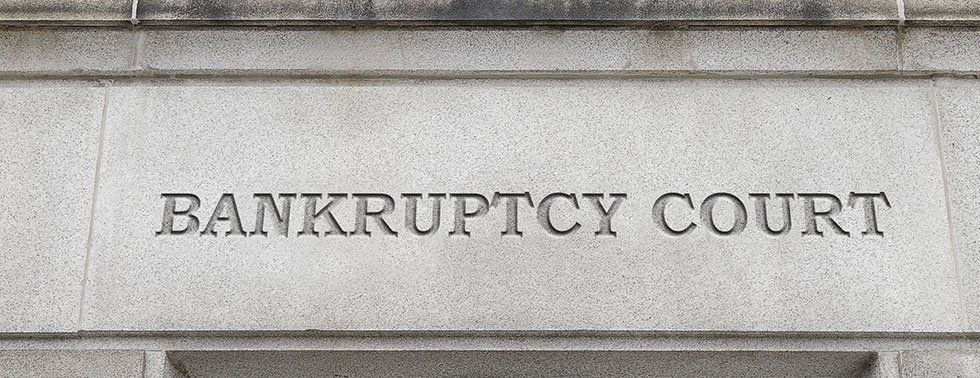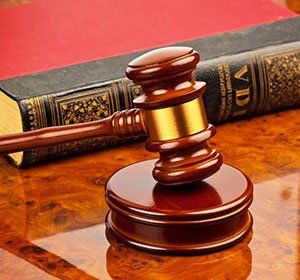
Bankruptcy FAQs
Are you concerned about the prospects of filing for bankruptcy? Learn more about the process and how it can work for you by reading our Frequently Asked Questions.
What’s the difference between Chapter 7 and Chapter 13 Bankruptcy?
Chapter 7 is process by which certain assets are turned over to a court trustee who liquidates them in order to help pay off your creditors. Under Chapter 13, the court sets up a debt restructuring and repayment plan.
Will I still owe debts after bankruptcy?
By the end of the bankruptcy process, most debts are discharged. However, there are certain debts that cannot be discharged, such as child support or alimony, taxes, student loans, criminal fines, and a few others.
If you’ve used your property to secure a loan, the amount owed on the loan itself might be discharged; but the lien against your property is not. It’s important, even during the bankruptcy process, to remain current on your loan payments, if possible. This reduces the risk of the lender taking possession of the property in question. They may require you to reaffirm the loan.
Can you stop...?
- Garnishment
- Foreclosure
- Repossession
- Calls and harassment
What does it mean to “reaffirm the loan”?
That’s simply a written promise that, despite the bankruptcy, you intend to repay the loan. It's not required by law, and you can rescind it within 60 days if you change your mind. You should carefully consider whether reaffirming a loan is the right course of action for you. Consult with Menard Law Firm for more information.
Will bankruptcy ruin my credit?
The bankruptcy will stay on your credit report for ten years. In some instances, if you are able to maintain good credit and a consistent income, you could qualify for a home loan in as little as two years. But it’s important to be aware of the interest rate you’re being charged.
We are a debt relief agency. We help people file for relief under the U.S. Bankruptcy Code.
Discalimer: Please be advised that certain factors, such as prior filings, may not allow you full protection under the U.S. Bankruptcy Code and may prevent us from being able to assist with stopping foreclosures, Harassing phone calls, repossession and garnishments.

